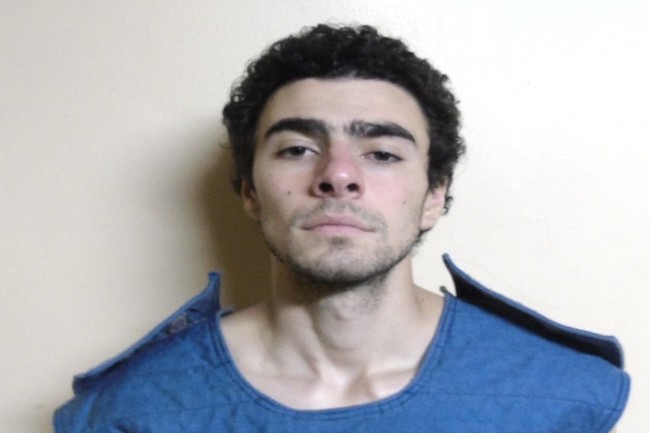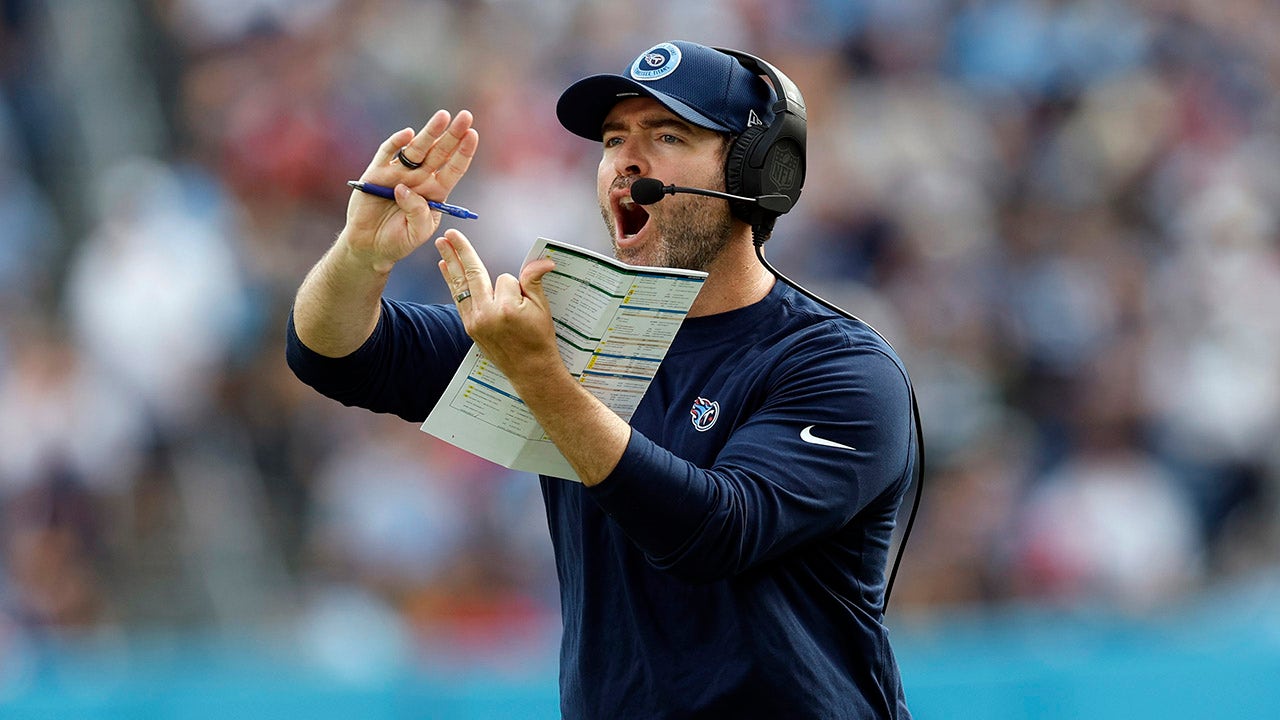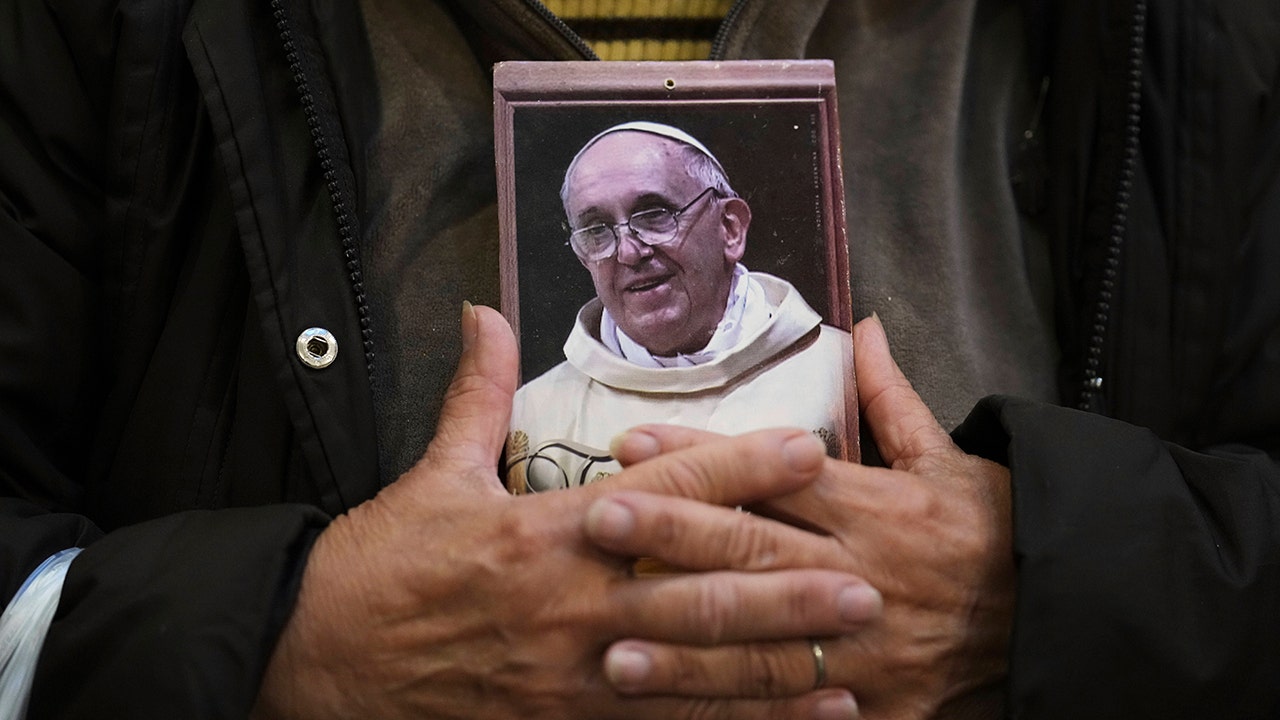The shocking murder case involving UnitedHealthcare CEO, Brian Thompson, has taken a complex turn as defense strategies point toward a psychiatric plea for suspect Luigi Mangione.
As Fox News reported, legal experts suggest Mangione’s defense may hinge on mitigating his intent, potentially reducing charges from first-degree murder to manslaughter.
This high-stakes case has captivated attention not only for its gruesome details but also for the alleged manifesto and weapons tied to the suspect.
Celebrate Trump’s Historic 2024 Victory with the Exclusive Trump 47th President Collection!
Manhattan District Attorney Alvin Bragg announced Tuesday that Mangione, 26, was indicted on a laundry list of charges. These include first-degree murder, which Bragg called “premeditated” and “targeted,” as well as several counts of weapons possession and forgery.
Despite these serious accusations, New York-based attorney Daniel Gotlin told Fox News Digital that Mangione’s “only viable chance” lies in a psychiatric defense.
Gotlin, an experienced lawyer who has successfully argued mental health cases, speculated, “My guess is they should try some kind of psychiatric defense where it mitigates his intent to do this in the hopes that instead of getting convicted of murder, he gets convicted of manslaughter.”
He explained that even the maximum manslaughter sentence could mean eventual release for Mangione, contrasting starkly with life imprisonment for murder.
Before representing Mangione, Karen Agnifilo (whose husband currently represents Diddy) also gave her thoughts on the matter.
Karen Agnifilo (whose lawfirm represents Diddy) looks like an establishment figure & a red flag for Luigi Mangione defense.
She suggested the strategy of pleading insanity, which could have him stuck in a mental institution for decades; worse than prison.
🧵@NinoMangione42 pic.twitter.com/KlhkTeKsdw
— Ana María Rojas (@3rdwrldobserver) December 17, 2024
Mangione’s attorney in Pennsylvania has yet to comment, but other legal experts have expressed skepticism.
Louis Gelormino, a seasoned New York City defense attorney, said, “For example of an extreme emotional distress defense, a guy walks up to somebody on the subway and stabs somebody, then he drops the knife and stands there, and he’s got previous mental health issues. He’s hearing voices. He’s not planning a getaway, he doesn’t have false ID, he doesn’t have a silencer on his weapon. Those are the things that show, no matter what you do, you did know what you were doing.”
Gelormino noted that Mangione’s detailed actions suggest he knew exactly what he was doing, complicating arguments for diminished capacity.
Investigators have uncovered a damning array of evidence, including Mangione’s alleged handwritten manifesto, a 3D-printed gun with a suppressor, and his fingerprints on items at the crime scene.
Police matched the weapon to shell casings found outside the Hilton hotel, where Thompson was ambushed on the sidewalk just before a shareholder meeting.

Further complicating matters, Mangione’s fake identification and cash payments highlight an effort to evade law enforcement.
Despite his affluent background and academic achievements—a valedictorian from Baltimore’s Gilman School and a computer science graduate from the University of Pennsylvania—Mangione’s descent into alleged violence has sparked speculation about a potential mental health crisis.
Some experts argue that a psychiatric evaluation might delay the trial but won’t absolve Mangione. If found unfit for trial, he could be hospitalized until deemed competent, only to face charges afterward.

Others suggest that even if Mangione’s mental health deteriorated, as Gotlin posited, proving delusion or schizophrenia at the time of the crime remains an uphill battle.
Lara Yeretsian, a prominent defense attorney, noted that any potential plea deal hinges on evaluating Mangione’s mental state. “Even though he had written a manifesto, the shooting may have been the product of a delusional and unsound mind, a defense his lawyers would have to consider before having him admit guilt,” she stated. For now, the motive remains unclear.
As the case unfolds, the intersection of premeditation, mental health claims, and a high-profile victim guarantees it will remain a focal point in legal and public discourse.
Read the full article here


![CEO Murder Suspect May Avoid Severe Penalties with Defense Strategy [WATCH] CEO Murder Suspect May Avoid Severe Penalties with Defense Strategy [WATCH]](https://www.lifezette.com/wp-content/uploads/2024/12/2024.12.18-08.01-lifezette-676329fceebdb.jpg)




![Daytime Kidnapping Attempt in Florida Foiled by Quick-Thinking Good Samaritans [WATCH] Daytime Kidnapping Attempt in Florida Foiled by Quick-Thinking Good Samaritans [WATCH]](https://www.rvmnews.com/wp-content/uploads/2025/04/2025.04.25-06.45-rvmnews-680bd853d60f3.jpg)


